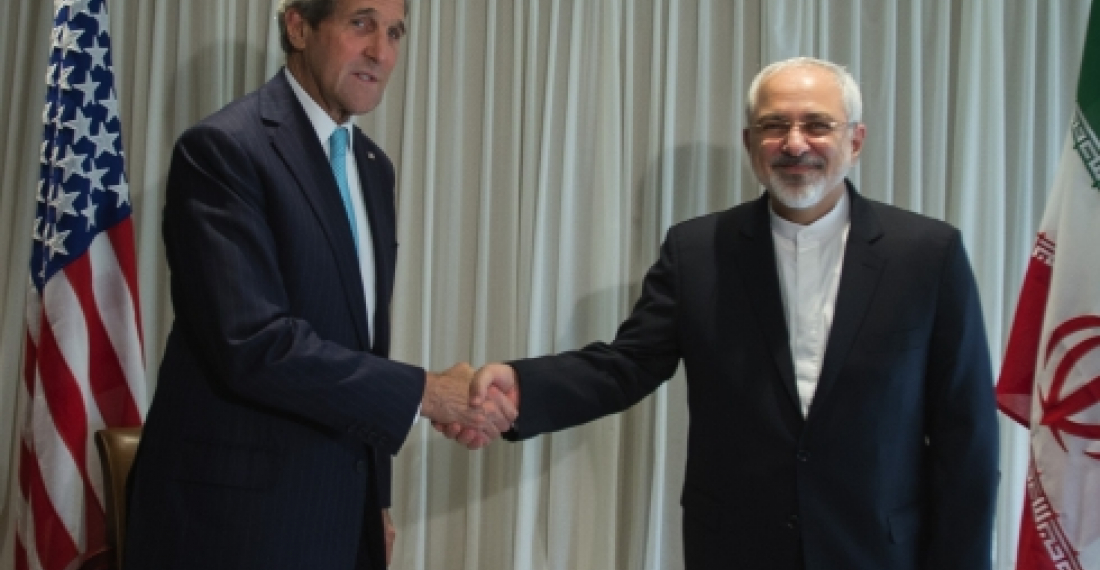Правительства Грузии, Армении и Азербайджана приветствовали реализацию ядерной сделки между Ираном и западными странами, надеясь, что это приведет к новой эре процветания и мира в регионе.
Иран, который граничит на севере с Арменией и Азербайджаном, отказывается от потенциала по созданию ядерного оружия в обмен на окончание санкций, которые ограничивали экономику страны в течение многих лет.
В четверг президент Азербайджана Ильхам Алиев созванивался с иранским коллегой Рухани.
По имеющимся данным, Алиев поздравил Рухани и они обсудили совместные проекты, такие как энергетика и инвестиционные возможности, и перспективу железной дороги между Астара, в Азербайджане, с одноименным городом в Иране.
"Азербайджан всегда был против этих санкций и делал официальные заявления по этому поводу", сказал президент Алиев.
Отмену санкций также приветствовали в Армении, которая совместно с Ираном работает над различными энергетическими проектами, хотя прогресс замедлился из-за ограничений на торговлю.
Однако в августе было подписано соглашение, по которому Армения будет экспортировать электроэнергию в Иран по новой ЛЭП в обмен на иранский газ.
"Армения заинтересована в углублении взаимовыгодного сотрудничества с дружественным Ираном", сказал министр иностранных дел Армении Эдвард Налбандян.
Новость также приветствовали в Грузии.
"Решение и успешная реализация соглашения ... представляют собой важный шаг, открывая новые возможности для региона и всего мира", говорится сообщил МИД этой страны в четверг.
источник: commonspace.eu, civil.ge, en.trend.az
Фото: Госсекретарь Джон Керри на встрече с министром иностранных дел Ирана Джавадом Зарифом, январь 2015 года.






